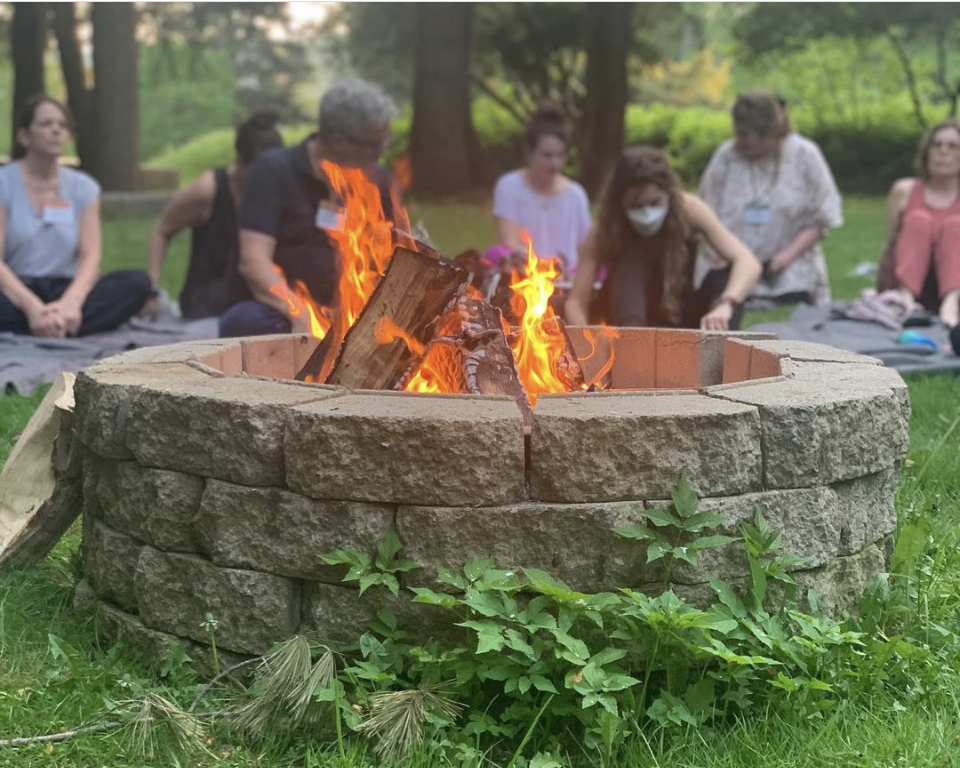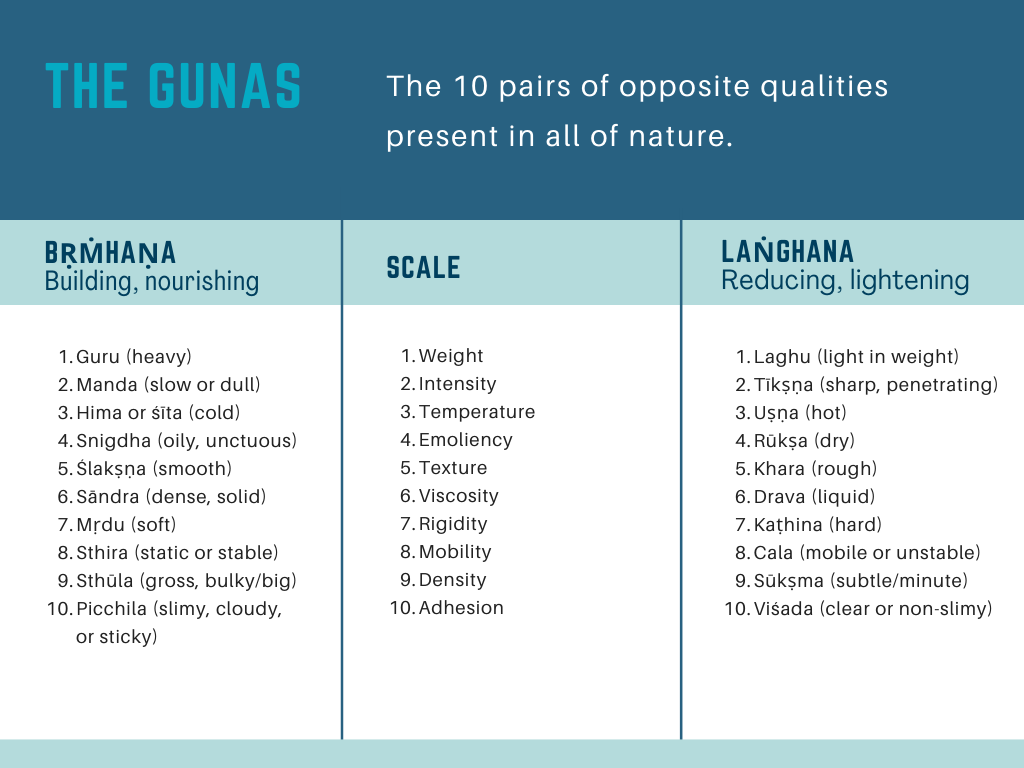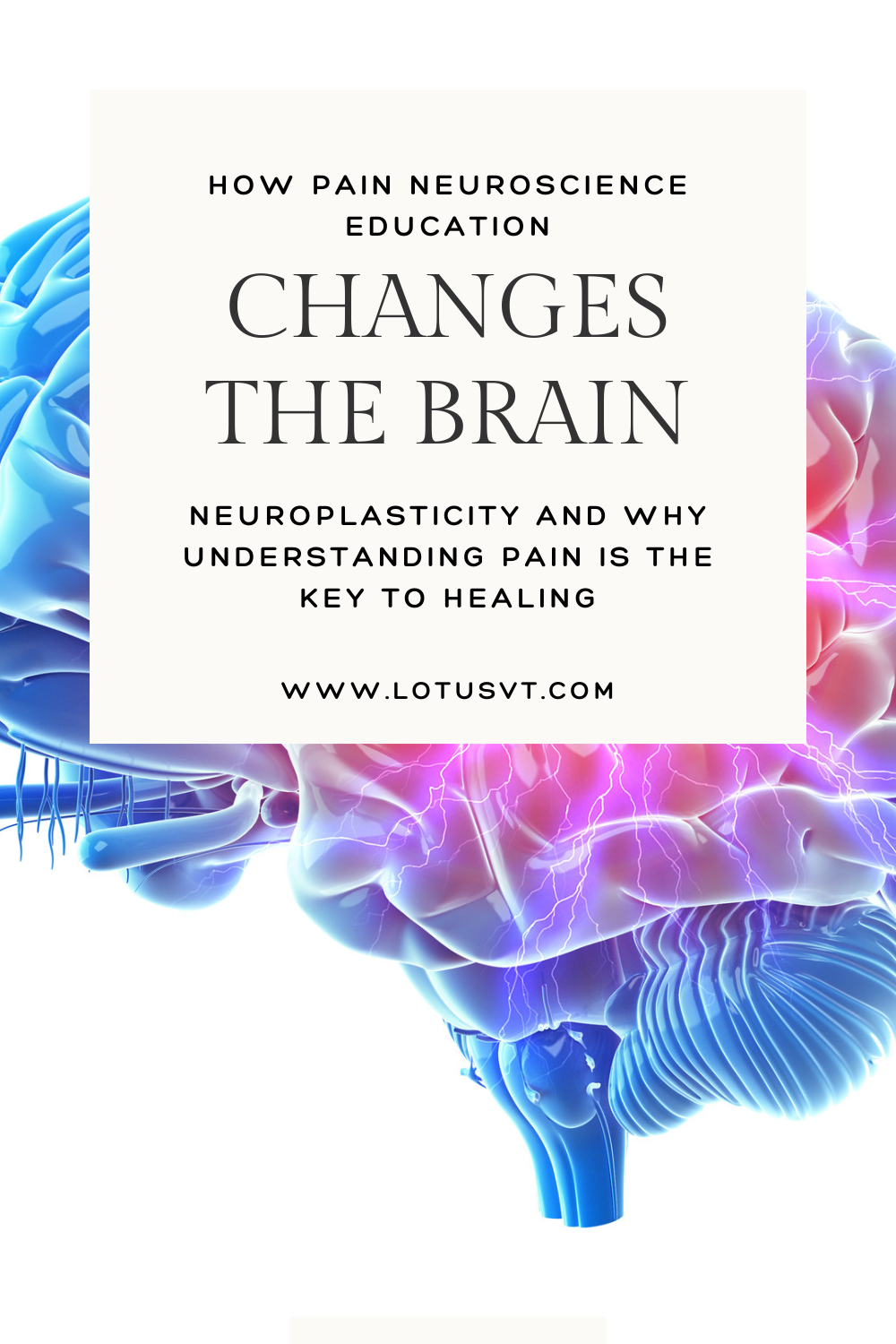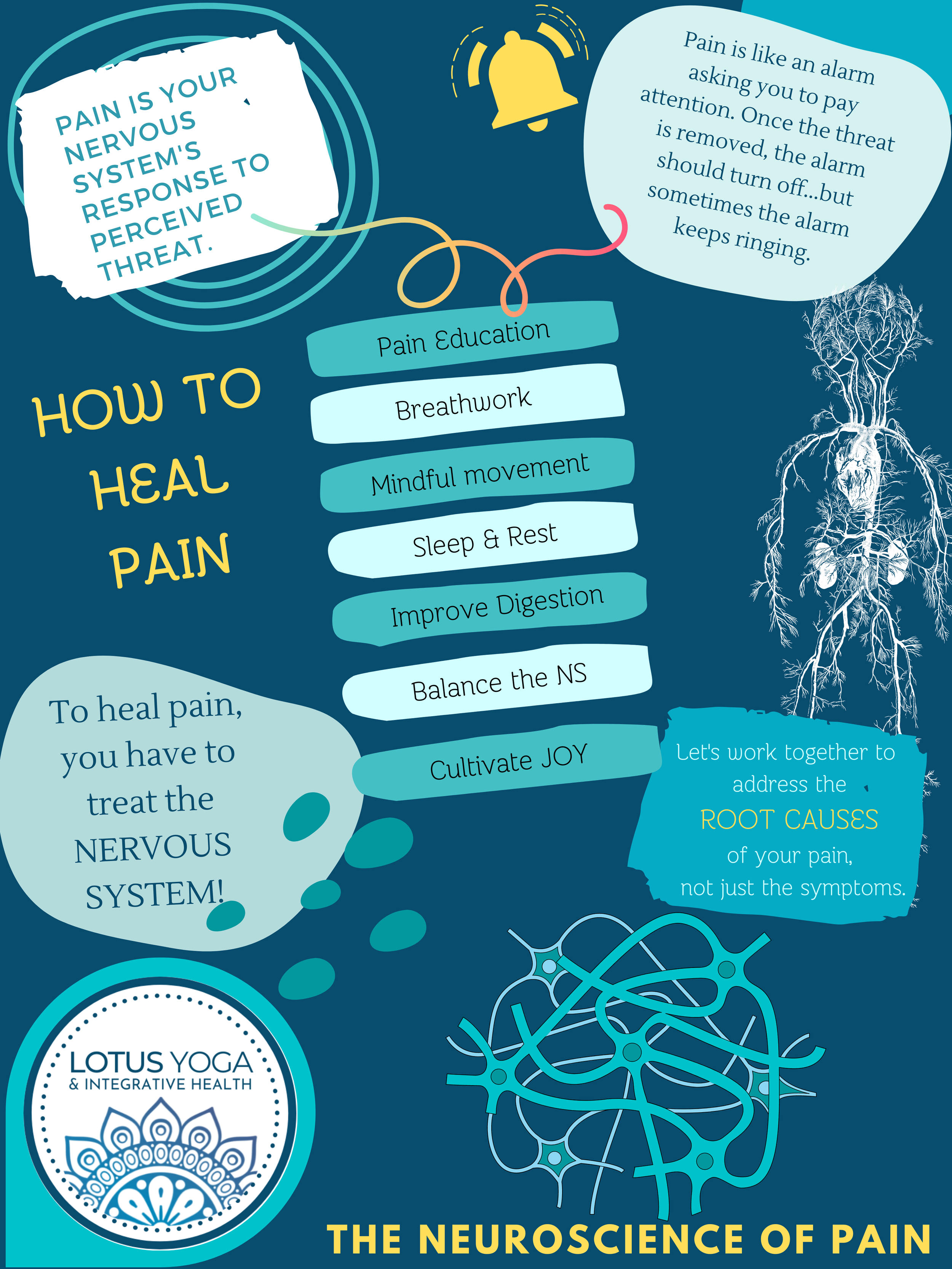
Throwing Spaghetti at the Wall
Do you ever feel like you are throwing spaghetti at the wall guessing what you need in order to feel your best or to help you heal? Or maybe following the latest trend because it worked for a friend (or a celebrity) but it isn't really helping you?
When you know how to listen to your body, and when you understand how you are affected by your environment, you don't have to guess.

Feeling BLAH this Spring?
Spring is kapha season, which means the earth and water elements are more predominant in nature. When earth and water mix, they become mud, and mud is thick, heavy, sticky, cold, and damp. These same qualities can start to creep into our own bodies, leading to congestion, swelling, seasonal allergies, heaviness, and inertia. Even though there is an energy of emergence as the sun starts to peak out again, and the tenacious spring ephemerals push through the mud and start to bloom, it is common to feel weighed down and heavy during the spring. Can anyone relate to feeling unmotivated and stuck in the mud this time of year?



Food is Medicine: Part 1 - Digestive FIre
All of Life is a Fire Ceremony
In ancient yogic texts, the first word of a text is the most important word. The first word of the Rig Veda, one of the oldest spiritual texts in the world, is agni, which means fire, and the first chapter is devoted to rituals to honor the god of fire. My teachers frequently say, “All of life is a fire ceremony,” and Ayurvedic practices center around tending to the digestive fire. This is because without fire, we would not be able to transform the food we eat into the energy we need to sustain our lives. Keeping the digestive fire strong is key to maintaining health and to recovering from illness and injury. In fact, almost every disorder or disease begins in the gastrointestinal tract and can be treated, in full or in part, by tending the digestive fire and using food as medicine.

10 Pairs of opposites
Ayurveda is an elemental science and provides elegant guidance in finding balance. Each element has specific qualities (e.g. heavy or light, cold or hot, dry or oily), called gunas. Understanding the gunas can help us identify early signs of imbalance by recognizing when a particular quality is too high or too low. We find balance by applying this law of the universe: Like facilities like and opposites bring balance. By developing practicing self-awareness without judgement, we can sense what we need to stay balanced and develop the discernment needed to make choices that will be balancing, nourishing, and supportive.

Come to Your Senses
The sensory organs are the gateway to the nervous system. They connect our outer and inner worlds by sending information about our interaction with our environment to our brain, which then perceives and interprets that information. When the sensory channels are clear, we can perceive things clearly, which helps us to make choices that are nourishing and balancing.












